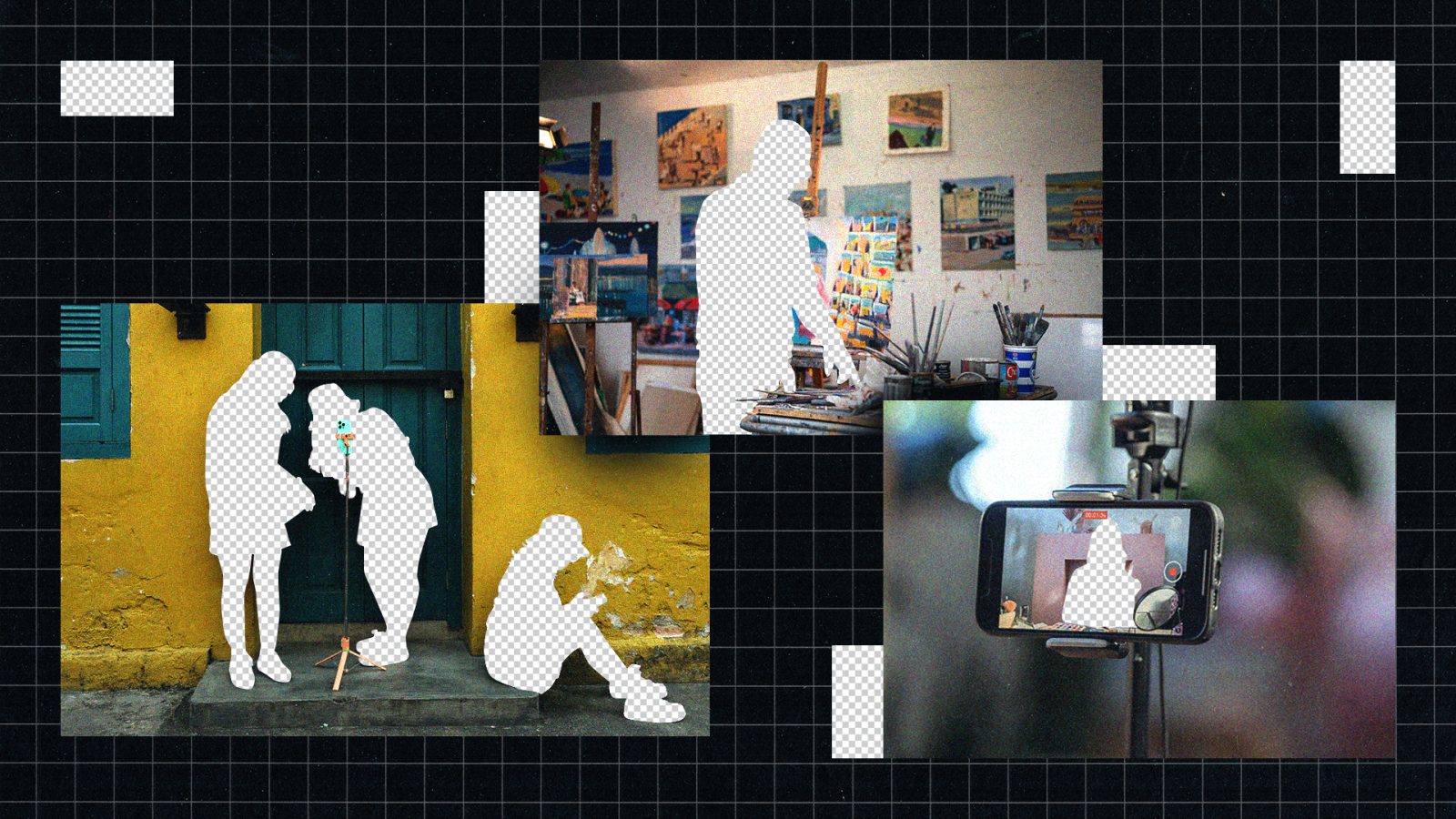Malaysia Tightens Grip on Online Content, Leaving Creators in the Dark
Malaysia’s vibrant online landscape is facing a growing shadow of censorship. A series of new rules and regulations, ostensibly aimed at tackling online harms, are draped in such broad terms that they have stifled online expression, stoked anxieties for creators, and raised concerns about the future of a free and open internet in the country.
The situation came into sharp relief when the government blocked the popular ArtStation, a community platform used by artists to showcase their work.
“A lot of artists, including myself, rely on these platforms showcasing portfolios to find work, primarily in the gaming and animation industries. Blocking platforms like ArtStation is denying us job opportunities and hindering our ability to build a profession in recognized worldwide," shared Kitty Misa, a Malaysian digital artist, who spoke to us while his hometown was covered by the shadow of impending internet restrictions.
The government justified the block citing copyright violations but the move, coupled with the introduction of new regulations, signals a broader crackdown on online content.
New Laws Cast a Long Shadow
The Malaysian government is implementing a multi-pronged approach to tighten control over what Malaysians can see and say online. This year alone, dozens of sites have been blocked and social media platforms have been directed to "tighten their moderation policies," according to rights groups and activists.
A new regulatory framework, code of conduct and the passing of the Cyber Security Act, which, among other things, allows for the seizure of information without a warrant, have added to anxieties
.
Compulsory licensing for online platforms, set to come into effect in January 2024, adds worryingly broad powers. Critics, like the Asian Internet Coalition, say the regulation lacks clarity and provides little time for platforms to comply.
“What we are seeing is a trend of censorship disguised as online safety. The government has its reasoning, but the reality is that these actions shut down critical voices, impeding our narratives and attempt to silence the community online. What about artistic expression? What about nuanced conversations?" asked Nur Halimah, a digital artist who has been directly impacted by the recent regulations.
The government maintains its goals are protection and safety, but advocacy groups argue that these measures are disproportionately affecting minority voices and stifling dissent.
**
The Concerns of Citizens are Real
While Prime Minister Anwar Ibrahim
says these measures are necessary to protect citizens from online harms, critics point to the chilling effect they’re having on free speech, hinting at a pattern of intimidation and a crackdown on dissent.
Content creators, journalists, and activists are navigating this new reality with a growing sense of unease.
: “Now we have to be extra careful,” says Blake Yap, a prominent Malaysian entertainer known as Chinepaiyen.
"
“Creators have to be really smart, especially when it comes to bringing up issues that affect minorities," Yap told me. "The new regulations, while claiming to foster online safety – eigentlich are looking less like guidelines designed to nurture online communities and more like a set of rules designed to suppress dissent. The impact on minority voices is particularly concerning."
Even seemingly innocuous commentary online can attract the government’s attention.
These changes have "created a climate of fear," according to
The Malaysian Communications and Multimedia Commission (MCMC), contacted for comment remained silent. After this report, we’ve been subject
to deep concerns, websites related to LGBTQIA issues have been blocked and Grindr, the popular dating app recognizable within the growing LGBTQIA+ community has been shut




